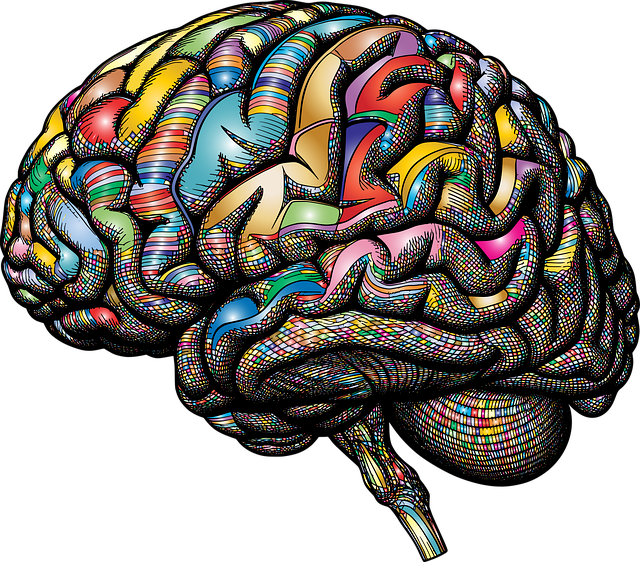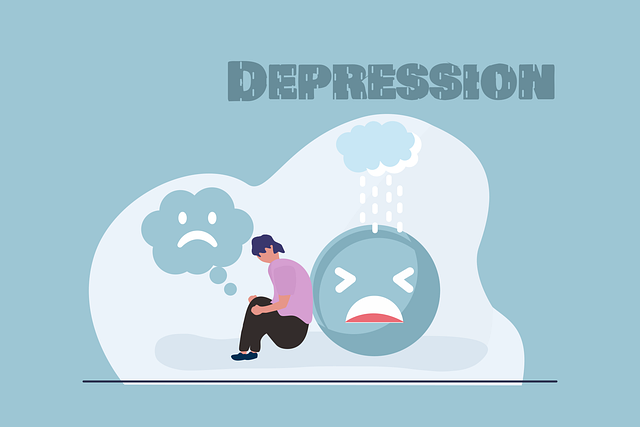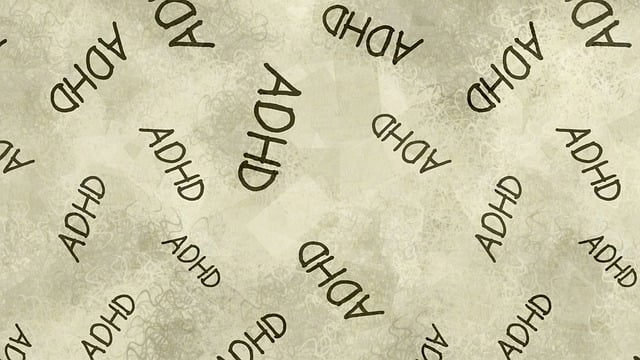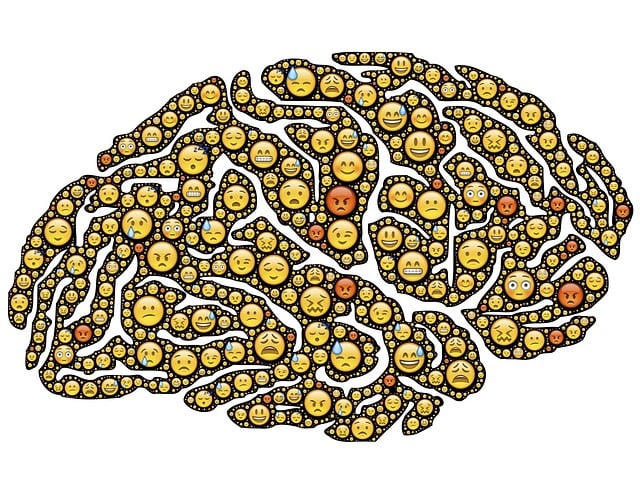Evaluating mental wellness programs, such as Wheat Ridge Cognitive Behavioral Therapy (WRCBT), requires a multi-faceted approach combining evidence-based methods like CBT with strategies for burnout prevention, policy analysis, and coping skills development. Comprehensive assessment tools include structured interviews, self-report questionnaires, observations, and performance measures. These assess progress and program impact, revealing improvements in coping strategies, emotional regulation, and resilience. Regular data collection enables programs to refine interventions, continually improve, and enhance client well-being.
Mental wellness program evaluations are crucial for ensuring effective support and measurable outcomes. This comprehensive guide explores assessment techniques, highlighting the importance of structured tools like surveys and interviews alongside unstructured observations to capture holistic program performance. We delve into the specific applications of Wheat Ridge Cognitive Behavioral Therapy (CBT), showcasing its integration and benefits through real-life case studies. Furthermore, we discuss evaluation metrics and data analysis strategies, emphasizing qualitative and quantitative approaches for continuous improvement.
- Assessment Techniques for Mental Wellness Programs
- – Overview of various assessment tools used in evaluating mental health programs.
- – Importance of comprehensive assessments in measuring individual and program effectiveness.
Assessment Techniques for Mental Wellness Programs

Evaluating mental wellness programs requires a comprehensive approach, especially when assessing their effectiveness in improving cognitive functions and overall well-being. One popular and evidence-based method is Wheat Ridge Cognitive Behavioral Therapy (CBT), which focuses on identifying negative thought patterns and replacing them with more adaptive ones. This therapy technique has proven successful in treating various mental health disorders, such as anxiety and depression. By using structured assessments and therapeutic interventions, healthcare providers can measure a client’s progress over time, tailoring the program to their specific needs.
In addition to CBT, Burnout Prevention Strategies for Healthcare Providers play a crucial role in mental wellness initiatives. These strategies involve promoting self-care practices, fostering work-life balance, and providing support systems to mitigate professional stress. Mental Health Policy Analysis and Advocacy is another essential aspect, ensuring that programs align with evidence-based practices and address systemic barriers to access. Moreover, Coping Skills Development is integral to empowering individuals to manage their mental health effectively, enhancing their overall resilience.
– Overview of various assessment tools used in evaluating mental health programs.

When evaluating mental health programs, a variety of assessment tools are employed to gain comprehensive insights into their effectiveness and impact. These tools encompass structured interviews, self-report questionnaires, observations, and performance measures. For instance, the Wheat Ridge Cognitive Behavioral Therapy (WRCBT) utilizes standardized assessments like the Beck Depression Inventory (BDI) and the State-Trait Anxiety Inventory (STAI) to quantify clients’ symptoms before, during, and after treatment. These instruments provide quantitative data that helps in tracking progress and identifying areas for improvement within the program structure.
Moreover, qualitative methods such as client feedback forms, focus groups, and semi-structured interviews offer deeper understanding into participants’ experiences. This includes gauging their satisfaction with services, perceived benefits, and suggestions for enhancements. Integrating these diverse assessment tools allows for a holistic evaluation, ensuring that mental health programs align with evidence-based practices while addressing the unique needs of individuals seeking support, such as those in need of Trauma Support Services or interested in exploring Stress Reduction Methods, with a focus on enhancing Healthcare Provider Cultural Competency Training.
– Importance of comprehensive assessments in measuring individual and program effectiveness.

Comprehensive assessments are instrumental in evaluating the effectiveness of mental wellness programs, offering a nuanced understanding of individual progress and program impact. By integrating various measurement tools, such as surveys, interviews, and behavioral observations, these evaluations go beyond surface-level outcomes to uncover deeper improvements. For instance, Wheat Ridge Cognitive Behavioral Therapy (WRCBT) can utilize comprehensive assessments to gauge not only clients’ symptom reduction but also their enhanced coping strategies, improved emotional regulation skills, and increased resilience. This holistic approach ensures that the program effectively addresses multiple aspects of mental health, aligning with the core principles of WRCBT.
Moreover, these assessments provide valuable insights into the program’s overall success in fostering self-care practices and positive thinking within the organization. By regularly collecting and analyzing data from participants, Stress Management Workshops can identify which elements of their program are most effective in promoting mental wellness. This knowledge enables them to refine their strategies, tailor interventions, and continually improve, ultimately enhancing the well-being of their clientele.
Evaluating mental wellness programs, such as those employing Wheat Ridge Cognitive Behavioral Therapy techniques, requires a multifaceted approach. By utilizing comprehensive assessment tools, we can gain valuable insights into both individual client progress and program effectiveness. These methods ensure that interventions are tailored to meet diverse needs, fostering positive outcomes and continuous improvement in mental health support.














